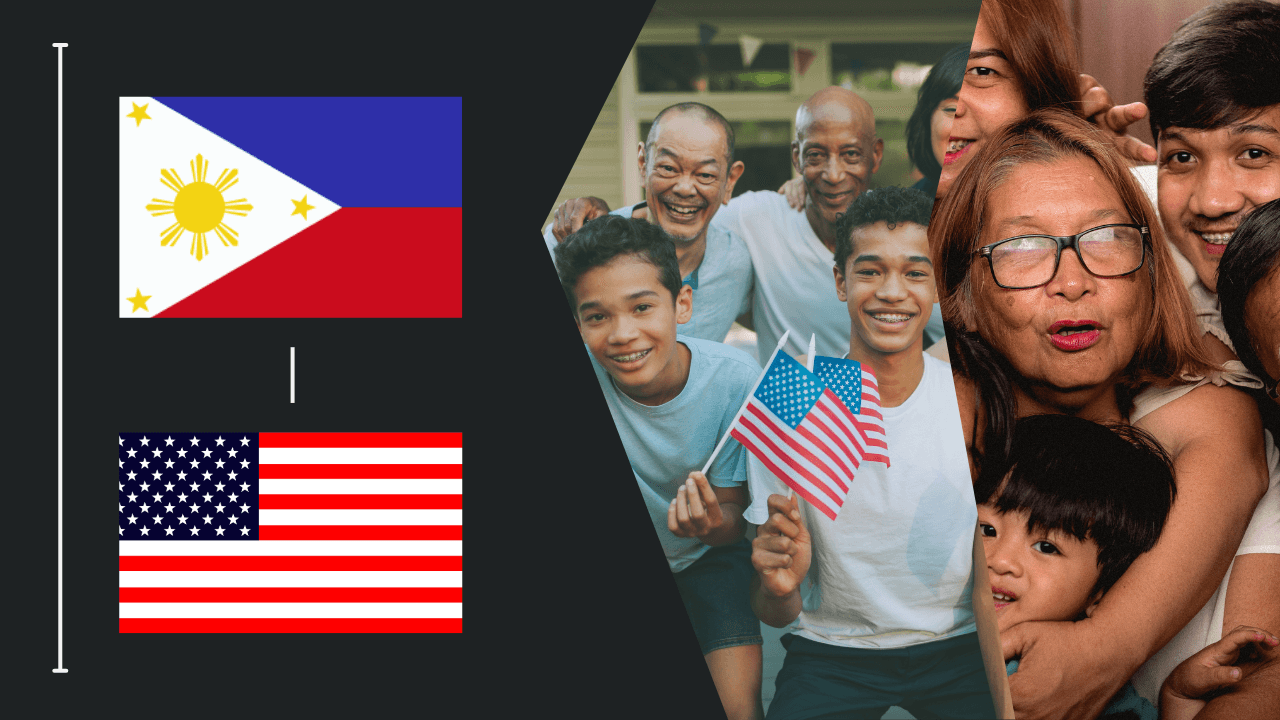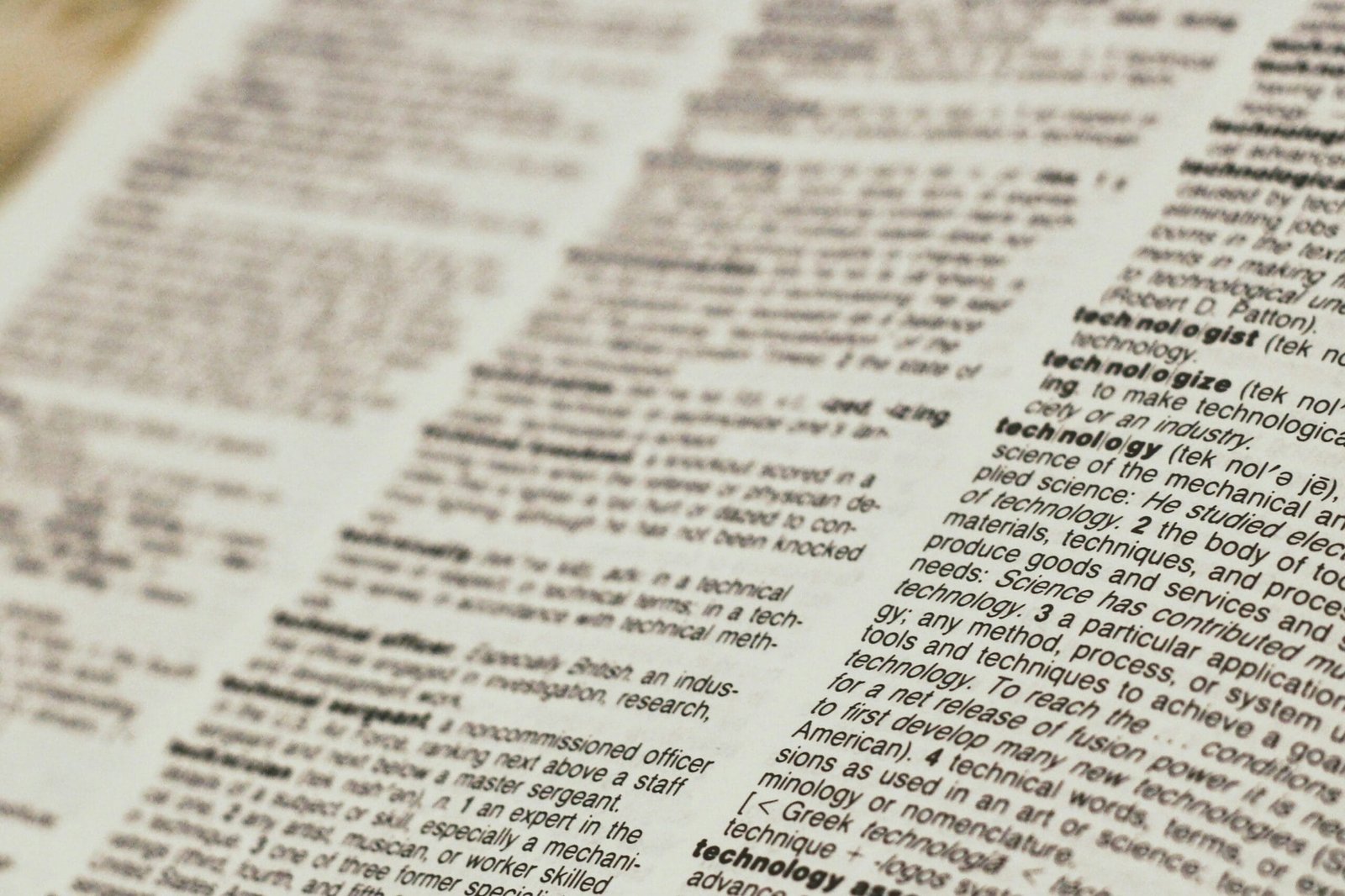Origins of Philippine-American Friendship Day
The origins of Philippine-American Friendship Day can be traced back to the significant historical ties between the Philippines and the United States. The relationship began in the late 19th century, particularly after the Spanish-American War in 1898, which marked the start of American influence in the Philippines. Following the war, the United States established a colonial government in the Philippines, a period that saw profound changes in the social, political, and economic landscape of the archipelago. This pivotal moment laid the foundation for a long-standing partnership.
In the years that followed, the relationship evolved through various challenges and milestones, including the Philippine-American War and the eventual granting of independence to the Philippines in 1946. The transition to independence did not erase the bond formed during the colonial period; rather, it transformed it into a relationship built on mutual interests and cooperation. As both nations navigated the complexities of the post-colonial world, the need for a formal celebration of their friendship became apparent.
Philippine-American Friendship Day was officially recognized in 1946, coinciding with the Philippines’ independence. The day aimed to commemorate the resilience and shared values of both nations and the deep-rooted camaraderie that had developed over several decades. Prominent figures, such as then-Philippine President Manuel L. Quezon, played crucial roles in promoting this day as a means of fostering goodwill and understanding between the two countries.
Through the years, Philippine-American Friendship Day has served as a reminder of the historical and ongoing connections between the two nations. Various events and activities are organized to honor this friendship, allowing citizens from both countries to reflect on their shared past while looking ahead to a collaborative future. The day’s observance helps to solidify the enduring commitment to mutual respect and partnership, echoing the significant events that precipitated this relationship.
Significant Events that Shaped the Relationship
The relationship between the Philippines and the United States has evolved over several significant events that have had a lasting impact. One of the earliest major milestones was the Philippine-American War, which began in 1899 following the annexation of the Philippines by the United States. This conflict marked a pivotal moment in Philippine history and set the stage for the complex political relationship that would develop over the ensuing decades. The war ultimately led to a period of American colonial rule, which lasted until the establishment of the Commonwealth of the Philippines in 1935.
During the Commonwealth period, important collaborations emerged, particularly in educational and cultural exchanges. The United States initiated programs that introduced American-style education in the Philippines, significantly influencing the educational system. This period allowed for a deeper understanding between the two nations, culminating in the mutual recognition of shared values and cultural ties.
Post-independence developments also played a crucial role in shaping the Philippine-American relationship. After the Philippines gained independence in 1946, both nations signed the Mutual Defense Treaty in 1951, which has since reinforced military cooperation and security commitments. This agreement not only established a strategic alliance but also created a foundation for ongoing collaboration in various sectors, including trade, health, and disaster response.
Throughout the years, economic ties have strengthened, leading to various bilateral agreements aimed at enhancing trade and investment. The establishment of the Philippines as a key ally in the Asia-Pacific region further underscores the importance of this international relationship. Such significant events collectively highlight the evolution of the bonds between the Philippines and the United States, emphasizing the relevance of the brief history of the Philippine-American Friendship Day, which commemorates these shared experiences and mutual respect.
Modern Celebrations and Traditions
Philippine-American Friendship Day is observed annually on July 4th, marking the historical ties between the Philippines and the United States. In recent years, the celebration has evolved to reflect a blend of both nations’ cultures, with varied activities taking place in both countries. Events typically include parades, cultural performances, art exhibitions, and food festivals that showcase the rich culinary heritage of the Philippines and the United States.
In the Philippines, festivities often take a nationalistic tone, honoring the contributions of both nations while engaging citizens in community-driven events. Large gatherings can be seen in urban centers, where local governments collaborate with community organizations to host activities that promote cultural exchange. These events are an opportunity for Filipino performers to showcase traditional dances and music, enabling a deeper understanding of their heritage while celebrating the friendship with the United States.
On the other hand, in the United States, the day offers an occasion for the Filipino-American diaspora to celebrate their roots and reinforce their identity. Local organizations and cultural centers frequently organize educational programs that delve into the shared history between the two nations. Workshops, language classes, and discussions about Filipino culture serve as platforms for engagement and promote a greater appreciation of cultural diversity. Additionally, various cities boast events that feature Filipino cuisine, allowing attendees to experience traditional delicacies such as adobo and lumpia.
Through these modern celebrations and traditions, Philippine-American Friendship Day remains a significant focal point for fostering community spirit and dialogue. The unity between Filipinos and Americans is fortified, as they actively participate in cultural exchanges that highlight their shared history. This engagement not only celebrates past alliances but also looks forward to future collaborations, reinforcing mutual respect and friendship between the two nations.
The Importance of Philippine-American Friendship Day in Contemporary Times
Philippine-American Friendship Day, celebrated annually on July 4th, serves as a vital reminder of the historical and cultural ties that bind the Philippines and the United States. In today’s global landscape, where international relationships can shift dramatically, this day stands out as a beacon of unity and mutual respect. It is an occasion that not only commemorates the shared history between the two nations but also highlights the enduring friendship that has persisted through various challenges. Understanding the significance of this day in contemporary times is essential, particularly in fostering stronger bonds amidst political and social upheavals.
The importance of Philippine-American Friendship Day extends beyond mere celebration; it acts as a catalyst for community engagement and dialogue. This day encourages individuals and organizations in both countries to reflect on their shared values, aspirations, and commitments. In a world increasingly defined by division, the day serves to remind citizens of both nations about their common history, which includes the struggles and triumphs that have characterized their relationship. Particularly, in times of socio-political challenges, reaffirming this friendship offers a foundation for collaboration and understanding.
Younger generations play a crucial role in preserving this friendship. As future leaders, they are tasked with understanding the historical context of Philippine-American relations while being encouraged to cultivate new forms of engagement. Educational programs, cultural exchanges, and community service initiatives centered around Philippine-American Friendship Day promote an awareness that transcends borders, fostering a sense of ownership and commitment to the future of both nations’ ties. In conclusion, Philippine-American Friendship Day is not merely a historical commemoration; it is a vital opportunity for reflection, dialogue, and the nurturing of a friendship that continues to evolve and adapt in the face of change.





